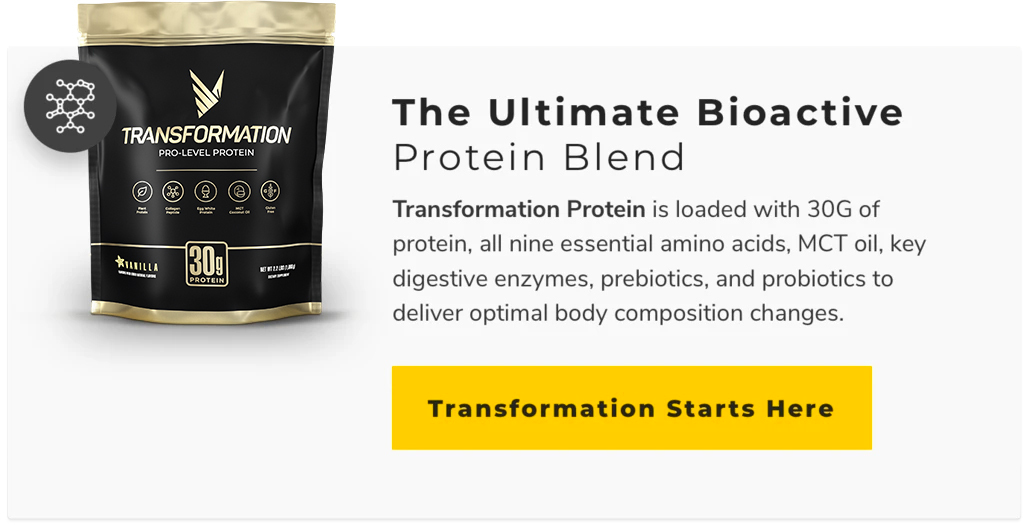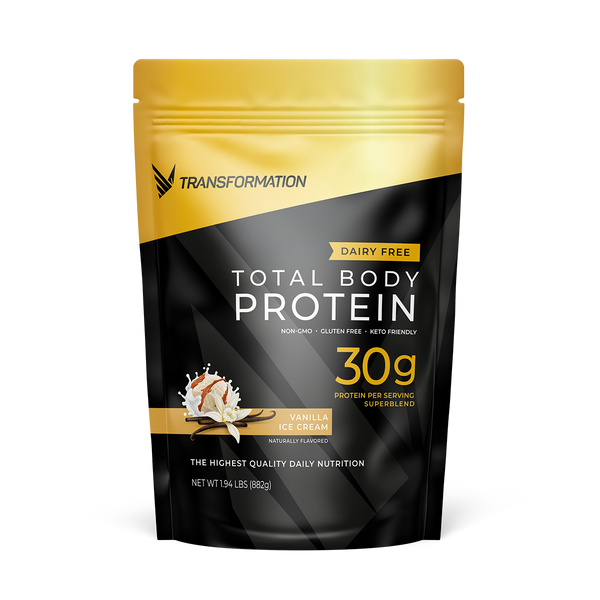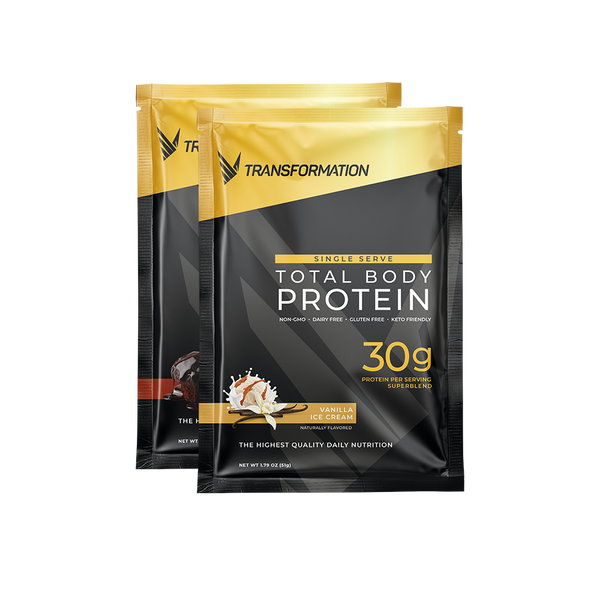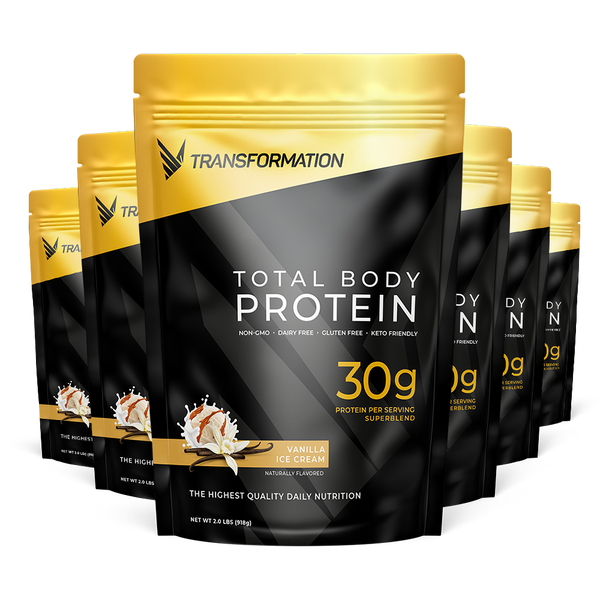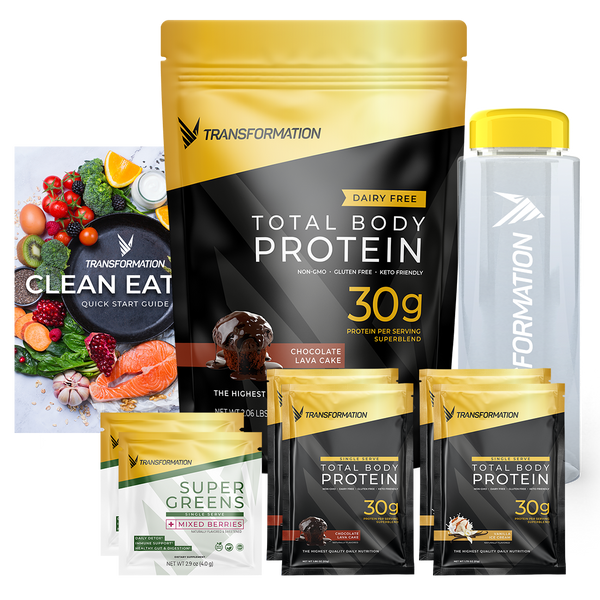
Nonessential vs. Essential Amino Acids: What Are BCAAs?
Nonessential vs. Essential Amino Acids
So what is the primary difference between the two types of amino acids? Amino acids are small, organic nutrients that join together to help your body generate and synthesize proteins. ‘Nonessential’ are categorized as such because your body naturally produces them. ‘Essential’ are defined as such because your body does not naturally produce these and need to get them through diet or supplements. These are also known as “indispensable amino acids”.
The nine primary EAAs (Essential Amino Acids) are Histidine, Isoleucine, Leucine, Lysine, Methionine, Phenylalanine, Threonine, Tryptophan, and Valine. Every essential amino acid performs important and specific roles in your body. They play a part in many key processes, including tissue growth, energy production, immune function, and nutrient absorption. As they play such an integral role in your body, it's very important to make sure that you are getting enough through your diet.
How Your Body Uses EAAs
Amino acids play a vital role in your health, especially when it comes to your metabolism. Leucine and lysine are alpha amino acid molecules that are essential. They can help repair and build new protein, muscle, and connective tissues. Additionally, both these EAAs help generate and regulate cells’ energy levels.
Threonine supports neurological functions. While histidine helps your body naturally produce histamines––fighting off allergic reactions. Methionine is an antioxidant and may actually detoxify harmful substances in the body, such as heavy metals. Making sure that you get enough EAAs is best done through your diet and consuming complete proteins.
What Are BCAAs?
The essential amino acids vs bcaa is a complicated one. BCAA stands for Branched Chain Amino Acids. Here’s the kicker: all BCAAs are EAAs, but not all EAAs are BCAAs. There are actually only three BCAAs:
- Valine
- Leucine
- Isoleucine
When it comes to BCAA’s, there are many benefits that they actually supply to your body. They help ward off muscle fatigue, prevent muscle degradation, and support endurance and strength during high-intensity training. BCAAs also help promote muscle protein synthesis, reducing post-workout soreness and improving recovery time. Some more benefits of supplementing with BCAA’s include:
- Improved energy metabolism
- Lowered levels of substances that may cause muscle damage
- Increased athletic performance

Here’s How to Make Sure You Get All the EAAs and BCAAs Your Body Needs
There are many foods to include in your diet to make sure you get all the EAAs and BCAAs your body needs. For the most part, animal-based foods offer the best and most complete EAA/BCAA profiles. You can also get many from different whole grains, dairy, and legumes. Some great sources include:
- Eggs
- Great for egg white protein
- Contain all 9 EAAs
- Turkey
- Tryptophan
- Cottage Cheese
- Theronine, tryptophan
- Fish
- Quinoa
- Contains all 9 EAAs
- Mushrooms
- Contain all 8 EAAs
- Legumes/beans
- Contain healthy amounts of lysine
But sometimes there may be gaps in your diet that need to be backfilled, which is where supplements come into play.Complete, clean supplements can offer you all the EAAs and BCAAs your body needs to thrive and offer you the natural BCAA you may be missing.
Boost Your Nutrition with BCAA & EAA-Rich Supplements
So you can get the EAAs and BCAAs you need through a couple of different ways––diet or supplements. If you are worried that your day-to-day diet might not be enough then it is best to find a daily supplement that will put you where you need to be. As we get older, supplementing becomes even more important. When you give your body a chance to be its best by delivering it what it needs everyday. BCAA & EAA-Rich supplements are a great way to get to where you need to be. Because your body can’t naturally produce both types, but making sure you get your daily dose is a must.


